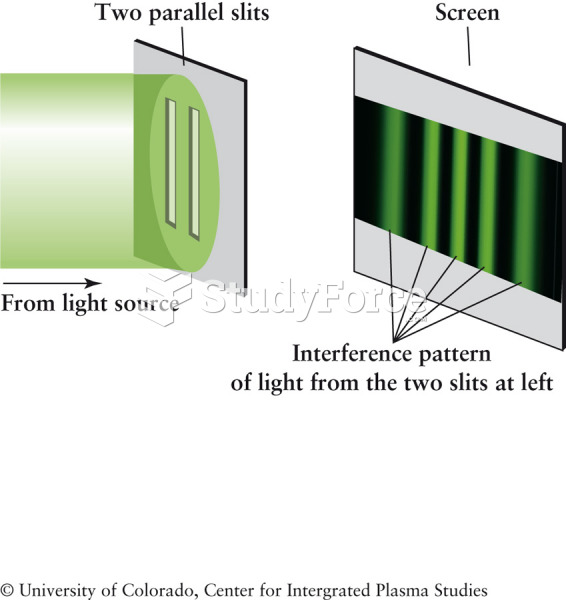Answer to Question 1
Answer: A
Answer to Question 2
Answer: Structural Adjustment programs (SAPS) are economic policies imposed on less developed countries by international agencies, including the World Bank and the International Monetary Funds to create conditions encouraging international trade, such as raising taxes, reducing government spending in many areas including those that directly benefit the poor, health and educational systems, controlling inflation, selling publicly owned utilities to private corporations, removing subsidies on government services and charging citizens more for services. Because developing countries lack the financial wherewithal to build, repair, maintain and expand facilities and services, they sometimes resort to financing some development through foreign aid and loans. To qualify for these loans, and because some countries have difficulties repaying these loans, a country may need to enact these tough economic reforms as a condition for getting further loans.
Critics of SAPs have charge that poverty worsens under structural adjustment programs. They argue that by placing priority on reducing government spending and inflation, SAPs may result in cuts in health, education, and social services that benefit the poor, higher unemployment, less support for vulnerable groups, like pregnant women, nursing mothers, young children, and elderly people. In short, structural reforms punish a country's poorest people for actions they did not commitwaste, corruption, misappropriation, military build-ups.
Proponents respond that the poor suffer more when a country does not undertake reforms. They argue economic growth is what benefits the poor the most in the long run. In response to the above criticisms, however, the IMF and World Bank now encourage innovative poverty reduction and anti-corruption programs as part of the package of reforms.






